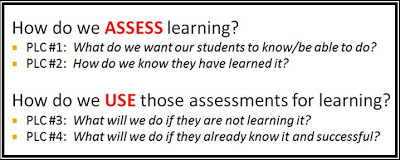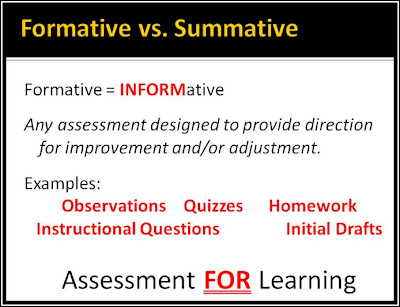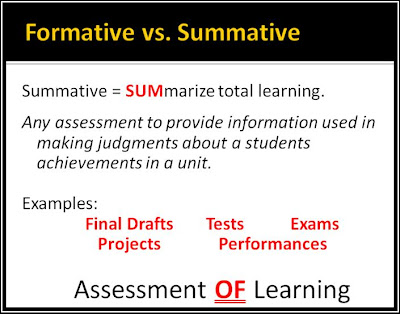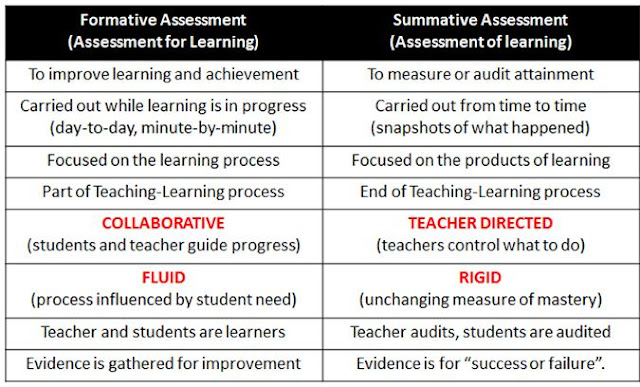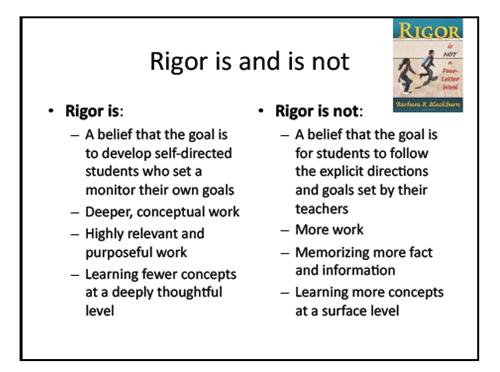Leadership is difficult. Leadership and change are even more difficult. Being new to leadership in a new building requiring change is most difficult...
Start with a cage containing five monkeys. Inside the cage, hang a banana on a string and place a set of stairs under it. Before long, a monkey will go to the stairs and start to climb towards the banana.
As soon as he touches the stairs, spray all the other monkeys with cold water. After a while another monkey makes the attempt with the same result, all the other monkeys are sprayed with cold water. Pretty soon when another monkey tries to climb the stairs, the other monkeys will try to prevent it.
Now, put the cold water away. Remove one monkey from the cage and replace it with a new one. The new monkey sees the banana and wants to climb the stairs.
To his shock, all of the other monkeys attack him. After another attempt and attack, he knows that if he tries to climb the stairs he will be assaulted.
Next, remove another of the original five monkeys and replace it with a new one.
The newcomer goes to the stairs and is attacked. The previous newcomer takes part in the punishment with enthusiasm.
Likewise, replace a third original monkey with a new one, then a fourth, then the fifth. Every time the newest monkey takes to the stairs he is attacked.
Most of the monkeys that are beating him up have no idea why they were not permitted to climb the stairs or why they are participating in the beating of the newest monkey. After replacing all of the original monkeys, none of the remaining monkeys have ever been sprayed with cold water. Nevertheless, no monkey ever again approaches the stairs to try for the banana.
Why not?
Because as far as they know, that is the way it has always been done around here.














